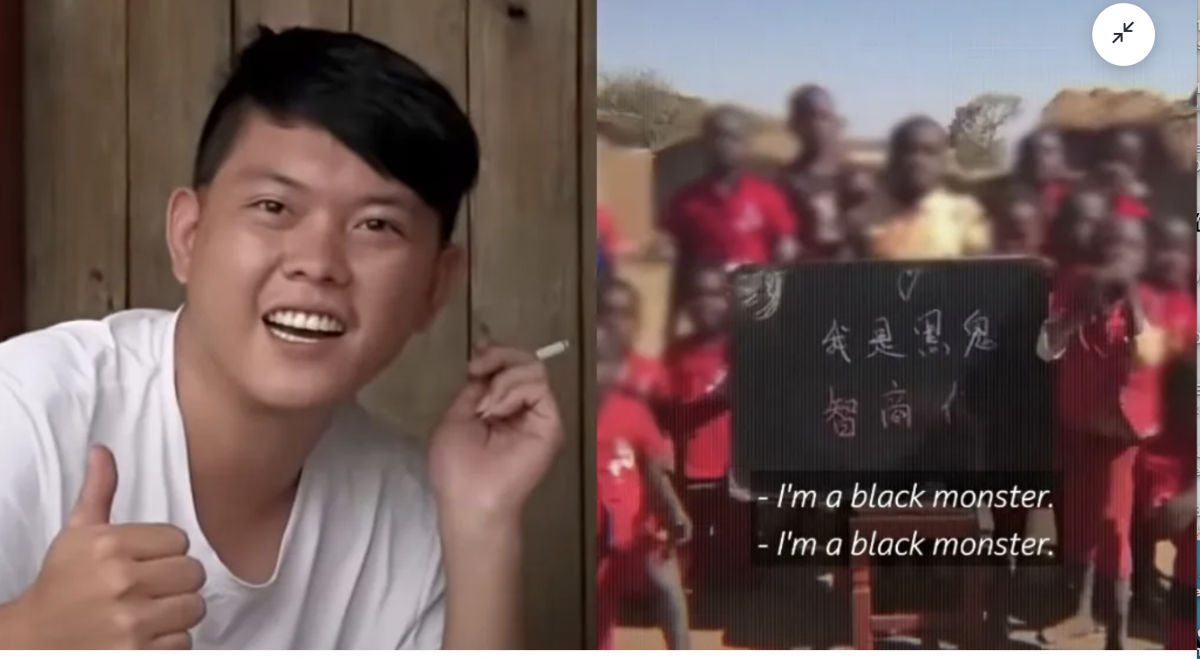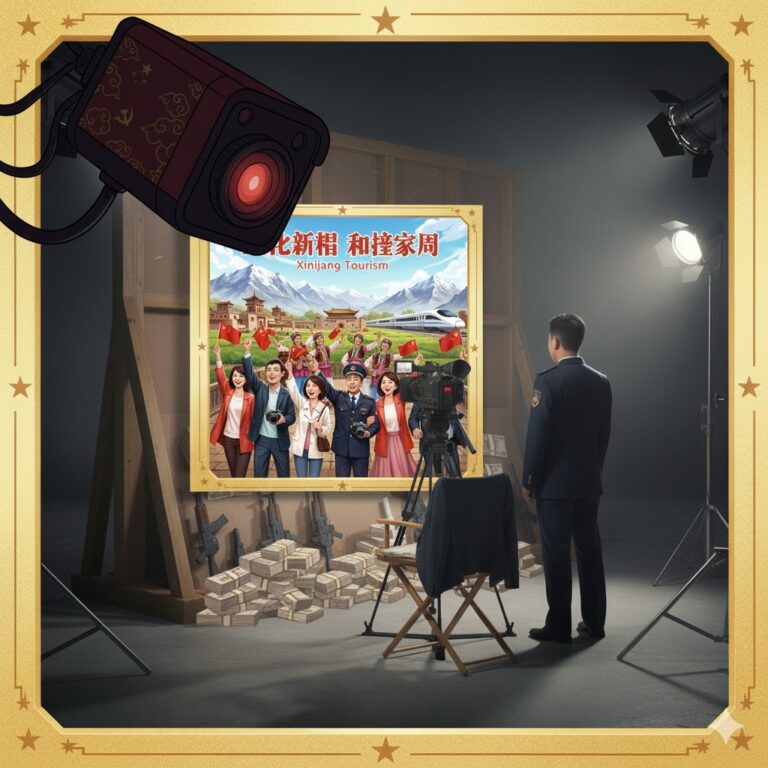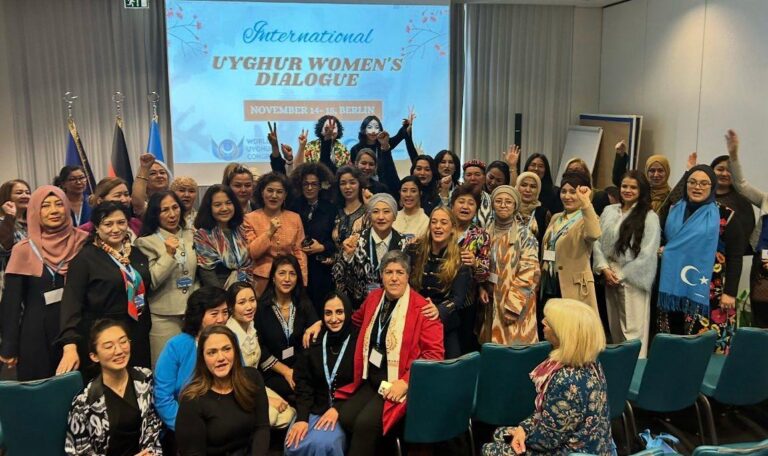
Chinese Market for Anti-Black Racist content has never decreased
Chinese Man Convicted and Banned for Life in Malawi’s Racist Video Scandal
In this recent case, a Chinese man, Lu Ke, who gained notoriety for producing and selling racist videos featuring Malawian children, has been convicted on multiple charges and permanently banned from the African country.
Background: Lu Ke, also known as Susu, was exposed in a BBC Africa Eye documentary that delved into the disturbing trade of videos showcasing black children chanting racist remarks in Chinese. The videos depicted the children saying phrases like “I am a Black monster” and “My IQ is low.”
The video went viral and garnered millions of views on Chinese online platforms. However, the Chinese government had never taken any action until the African country indicted this Chinese person, who makes money by providing anti-black videos for racist Chinese consumers and business platforms.
Allegedly, Lu Ke paid the children a meager sum of half a dollar to star in these offensive videos, which were then distributed on Chinese social media platforms. He managed to produce an astonishing 380 videos per day, selling each for up to $70. Outraged by these revelations, Lu Ke tried to escape to neighboring Zambia, but he was swiftly extradited back to Malawi, where he faced a series of charges.
Latest Developments: On Thursday, a Malawian court found Lu Ke guilty of various offenses, including child trafficking and exploiting children for entertainment purposes. He received a 12-month prison sentence and was subsequently ordered to leave the country upon release.
Lu Ke was charged with a total of 14 offenses, including illegal use of the internet and participation in harmful social practices. Since he had already served 12 months in police custody, he was released immediately, but he is required to depart Malawi within seven days and is permanently barred from returning.
Issues in Chinese Social Media: The incident has shed light on the rampant presence of anti-black comments and videos on Chinese social media platforms, which the government does not effectively regulate. Reports indicate that racist slurs and derogatory depictions of people of African descent living in China are prevalent in online discussions. Instances like the 2020 live variety show on Chinese state broadcaster CCTV, which featured dancers in blackface, further highlight the need for action against such harmful content.
In 2021, Human Rights Watch had raised concerns over China’s Racism Problem.
“ The use of racial slurs is ubiquitous on social media discussions about Black people. People of African descent living in China are often depicted as overstaying visas, not paying taxes and encroaching on Chinese culture.”
The case of Lu Ke and the broader issue of racist content on Chinese social media platforms serve as a stark reminder of the importance of addressing and combating racial discrimination in all forms.
The severity of racism in China lies in the government’s encouragement of showcasing China’s economic power and national pride across the African continent, coupled with the general public’s contempts , sometimes the hostility towards other races they consider inferior to their own. This is further compounded by the silence of many Chinese intellectuals on the matter.
Another big and popular case of racisim in China’s consumer market was a racist detergent advert: a Black man undergoes a disturbing transformation. The advertisement shows a pouch of Qiaobi cleaning liquid being forcefully poured into the man’s mouth, and he is subsequently placed into a washing machine by a Chinese woman with a smile on her face. Following a cycle of muffled screams, the lid is opened, and an Asian man emerges with a grin, winking at the audience. The advert concludes with the slogan flashing on the screen: “Change begins with Qiaobi.”
Tahir Imin, the founder of Uyghur Times, told the Uyghur Times editor that the Uyghur genocide is the direct result of a rampant, dangerous racism issue in Chinese society that the Chinese people and Chinese government don’t want to admit. Erasing a culture and eliminating a race, and labeling an entire community as an enemy, represent the strongest hatred that a human race can have. “When you try to kill a nation, you are the most racist,” he emphasized.





